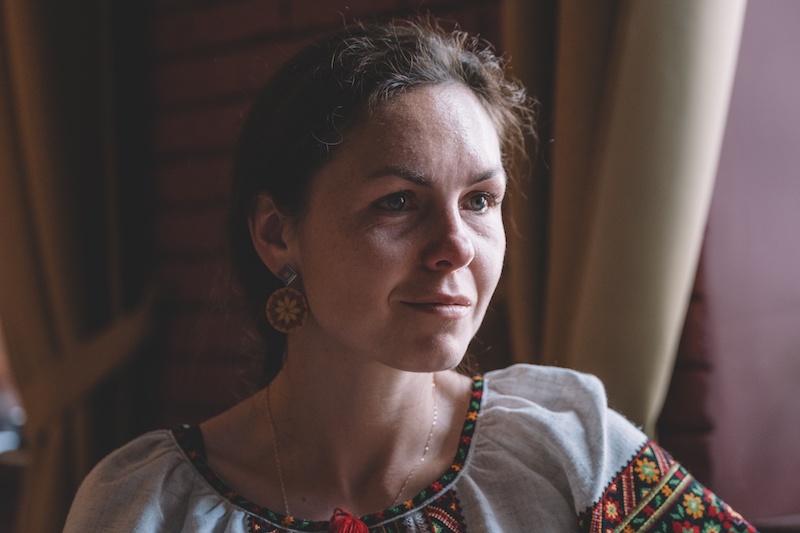I became a ‘feminist’ because of rage. When a child, I only cried publicly when I perceived something was unjust. Like knowing it was much easier to be a boy than a girl. Boys were allowed to do more things. Later, I put names to those feelings and concepts: feminism.
In adulthood, I tried to navigate all the contradictions, from being raised in a sexist world (I still prefer the Spanish word: machismo) to overcompensating with thoughts such as ‘I’m not a victim’ and ‘I’m succeeding because of my personal effort’ and so on. But it’s not only personal effort, but the effort of so many women before us.
Spain is one of the most progressive countries in terms of law: the Government has just proposed a law making parity in electoral lists mandatory. It has one of the longest paternity leaves in Europe (non-transferable), and so on. Not bad for a country that some in Europe still perceive as Catholic-conservative, is it?
Maybe the laws were introduced too early and society wasn’t prepared, some say. There is still ‘machismo’ in Spain. In everyday life, in the streets where women face harassment, in the wives still beaten by their husbands, the social pressures and expectations on women, we still suffer.
I would be happy for the day when a woman can be as mediocre as a man and still access the same opportunities. Some men say to women like me in Spain, who ask for more equal rights: ‘Spain is one of the most ‘feminist’ countries, why don’t you go to Iran to protest? There they have problems, not here’.
But I am radically convinced that you don’t have to wait for a society to ‘be prepared’ to start making changes, especially when they’re about justice and equality. Spanish society will surely catch up with the mindset that has drawn up these new laws.
I know there are countries where the conditions of women are worse than in Spain. But now is the time to speak about our rights and duties, and where room for improvement is needed, supported by the laws and beyond them.






